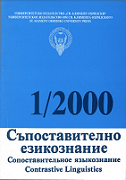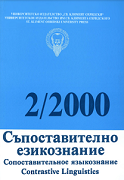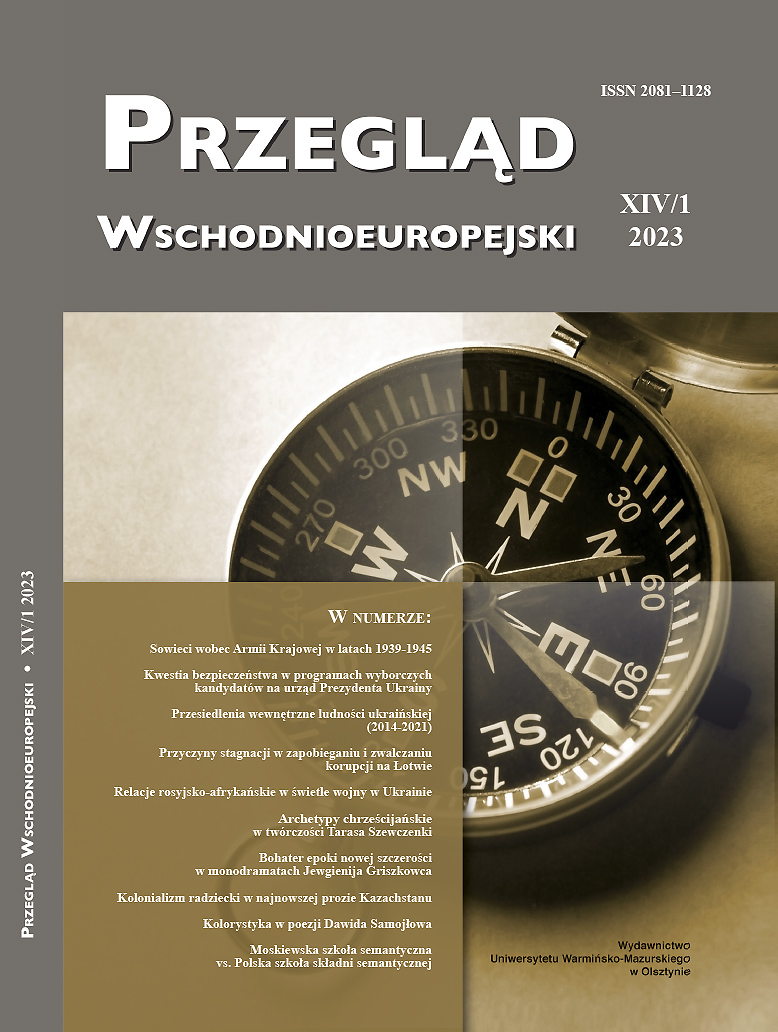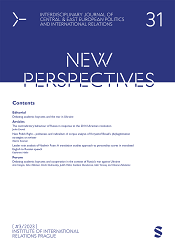SOCIO-ECONOMIC DETERMINANTS OF FINANCIAL INCLUSION IN CENTRAL AND EASTERN EUROPE DURING THE COVID-19 PANDEMIC
Author(s): Krzysztof Waliszewski / Language(s): English
/ Issue: 1/2023
Keywords: financial inclusion; bank account; SARS-CoV-2 pandemic; CEE countries
A society’s financial inclusion – understood as possessing and actively using a bank or non-bank account – is one of many indicators of sustainable growth and economic development. The COVID-19 pandemic has accelerated the process of financial integration through the use of modern technologies in finance, financial innovation and the need to have an account to receive aid from government crisis shields or to confirm official activities through a trusted profile in a bank. Furthermore, EU regulations have accelerated the process of financial integration through the institution of a basic bank account and open banking solutions. Financial education programs and activities of financial institutions under the Corporate Social Responsibility (CSR)/Environment Social Governance (ESG) strategy have also contributed to improving financial literacy, which directly reduces financial self-exclusion. The aim of the article is to check whether financial inclusion has increased during the pandemic and to identify socio-demographic determinants of this inclusion such as sex, age, in or out labor force, education, and wealth level in selected CEE countries. The article uses statistical data from The Global Findex research conducted since 2011 and by the World Bank, covering the period 2011-2021. The empirical study confirmed that during the COVID-19 pandemic, the largest increases in the percentage of people aged 15+ with a bank account were recorded, and the studied Central and Eastern European countries differed in this respect. Selectedsocio-demographic variables differentiated the level of financial integration in the analysed countries. The level of financial inclusion in selected European countries increased in the considered period, especially in countries with the initially lowest level of financial inclusion (Ukraine, Bulgaria). Financial inclusion was positively influenced by professional activity, at least secondary education, age of 25 and above, and high income. The greatest degree of financial inclusion was differentiated by education, and then by professional activity. However, sex was not shown to differentiate the level of financial inclusion.
More...




